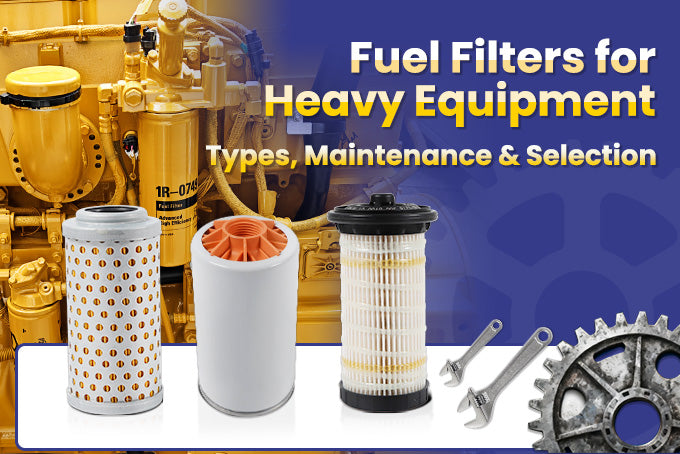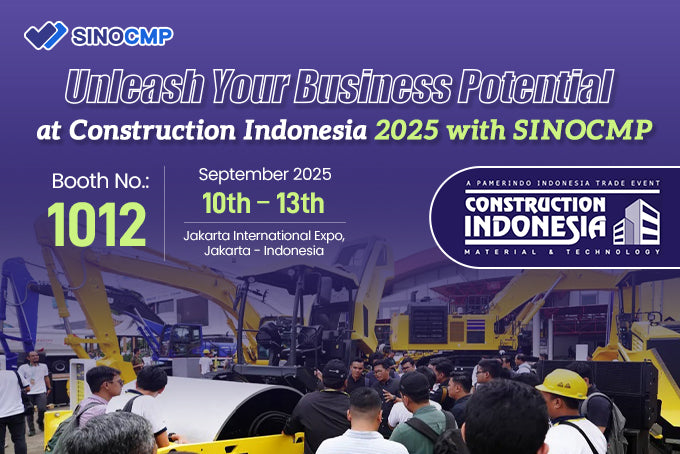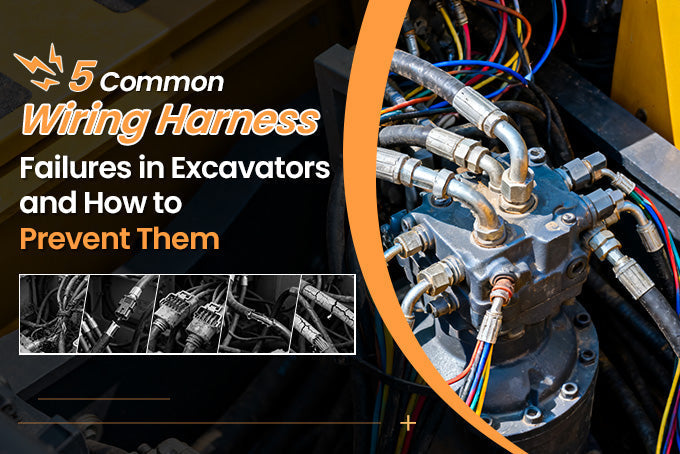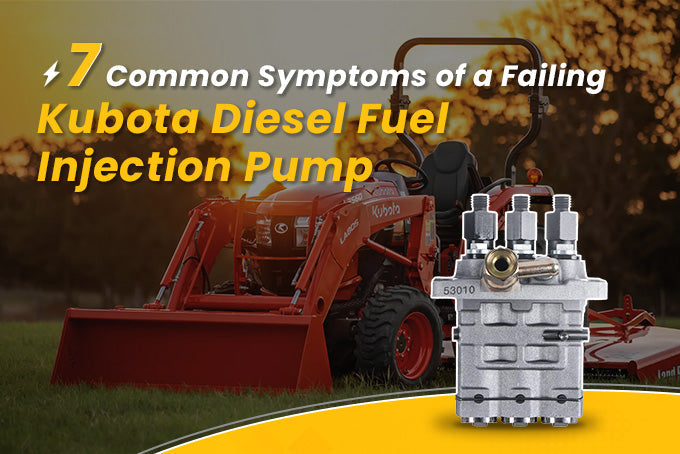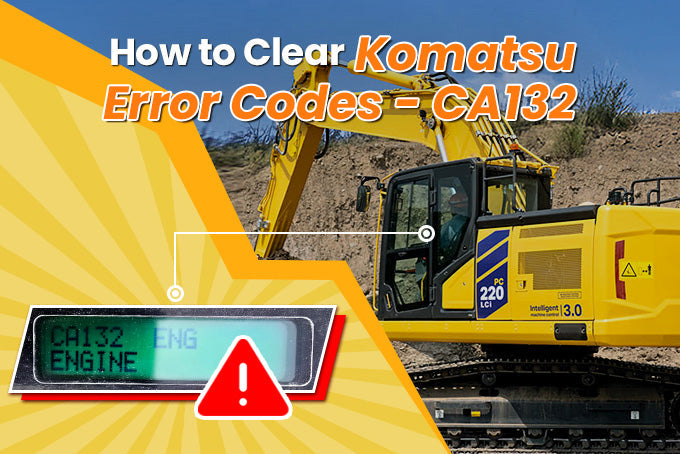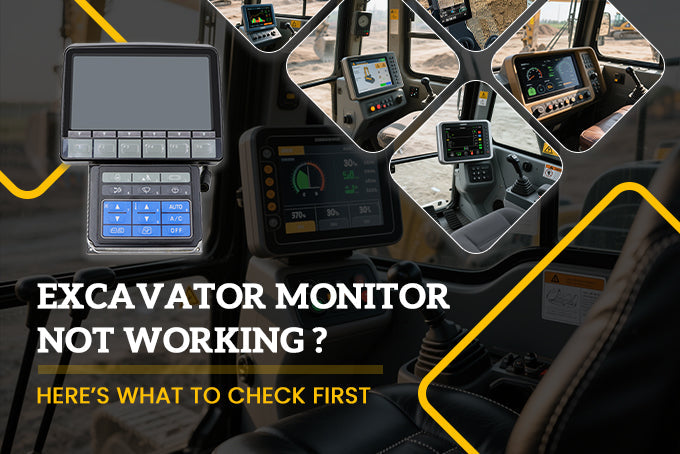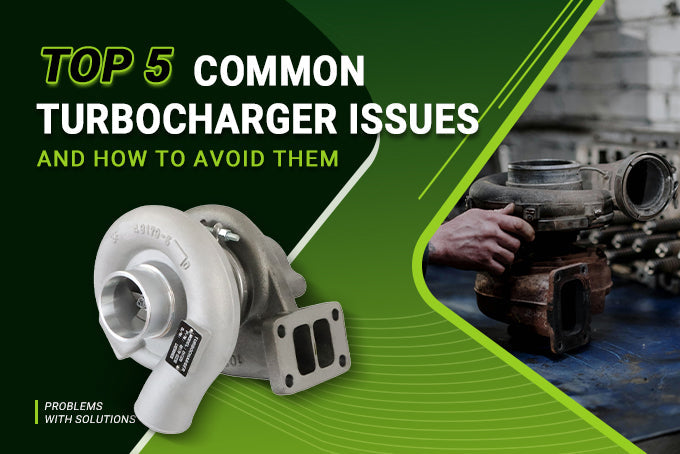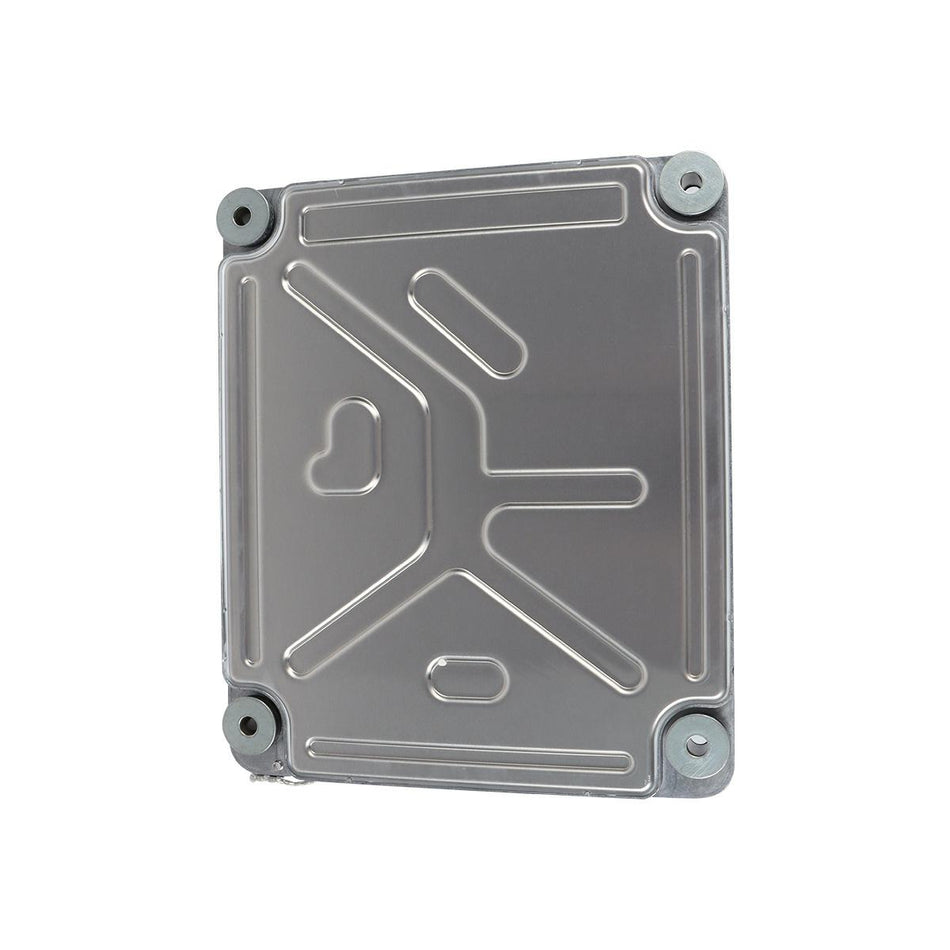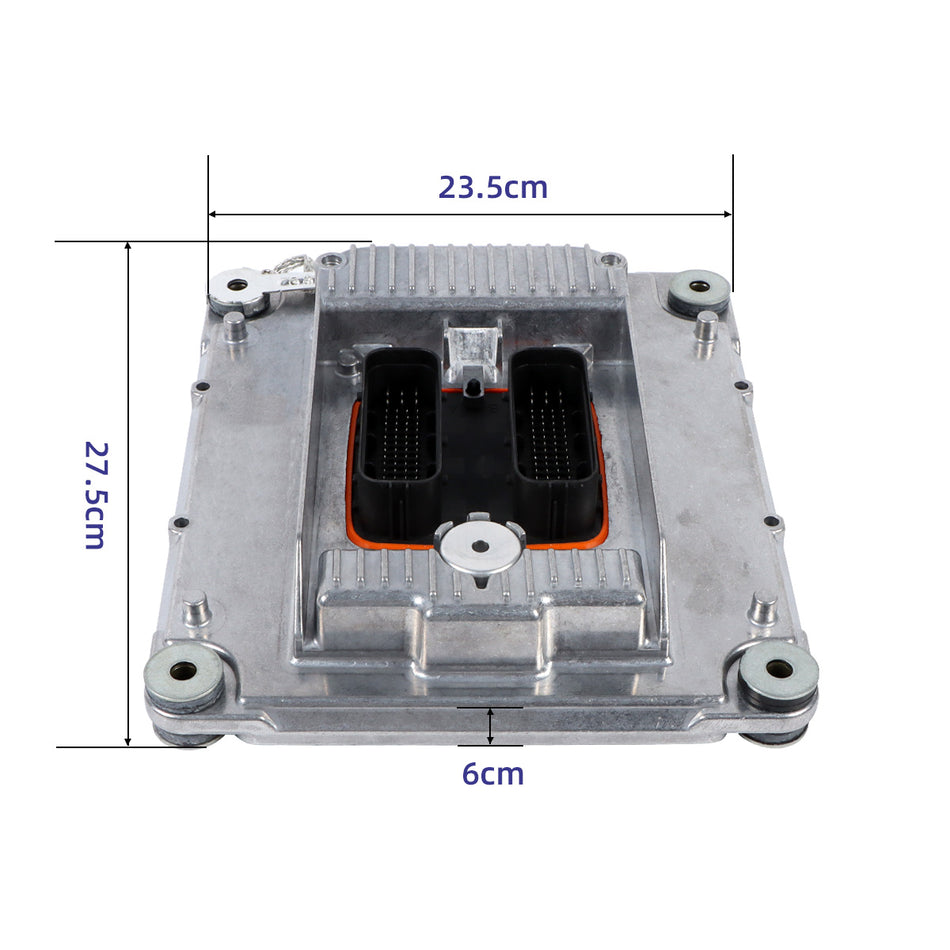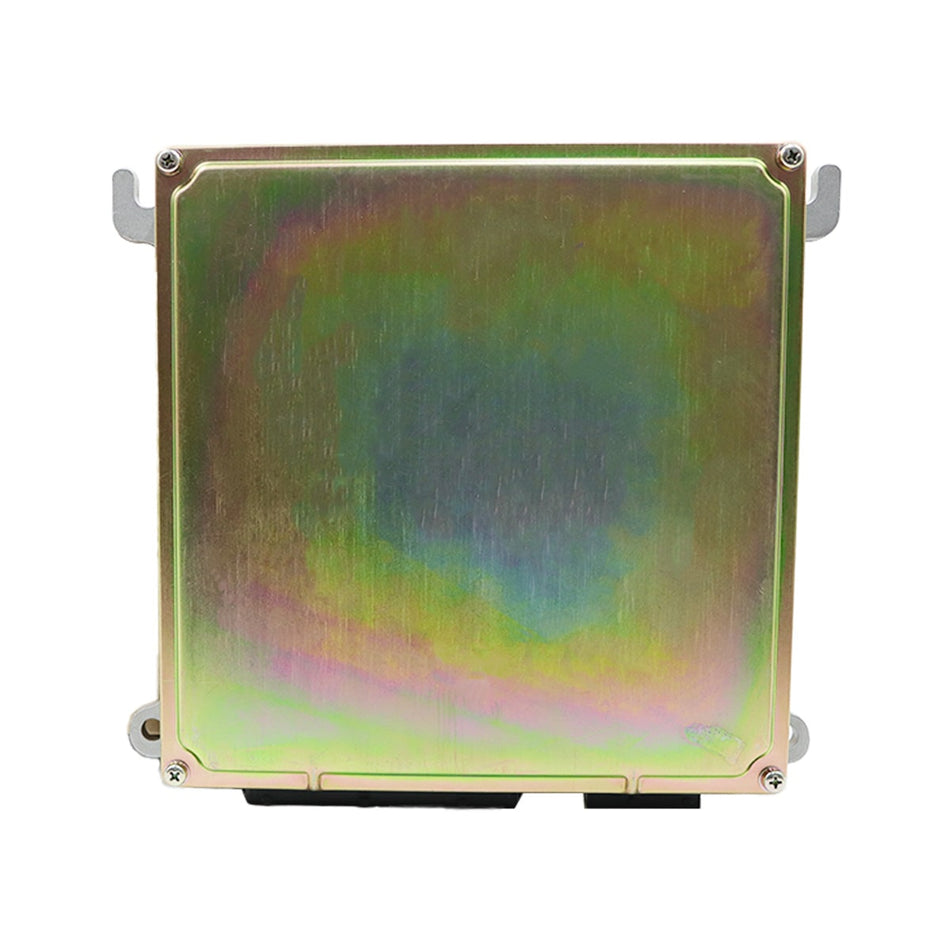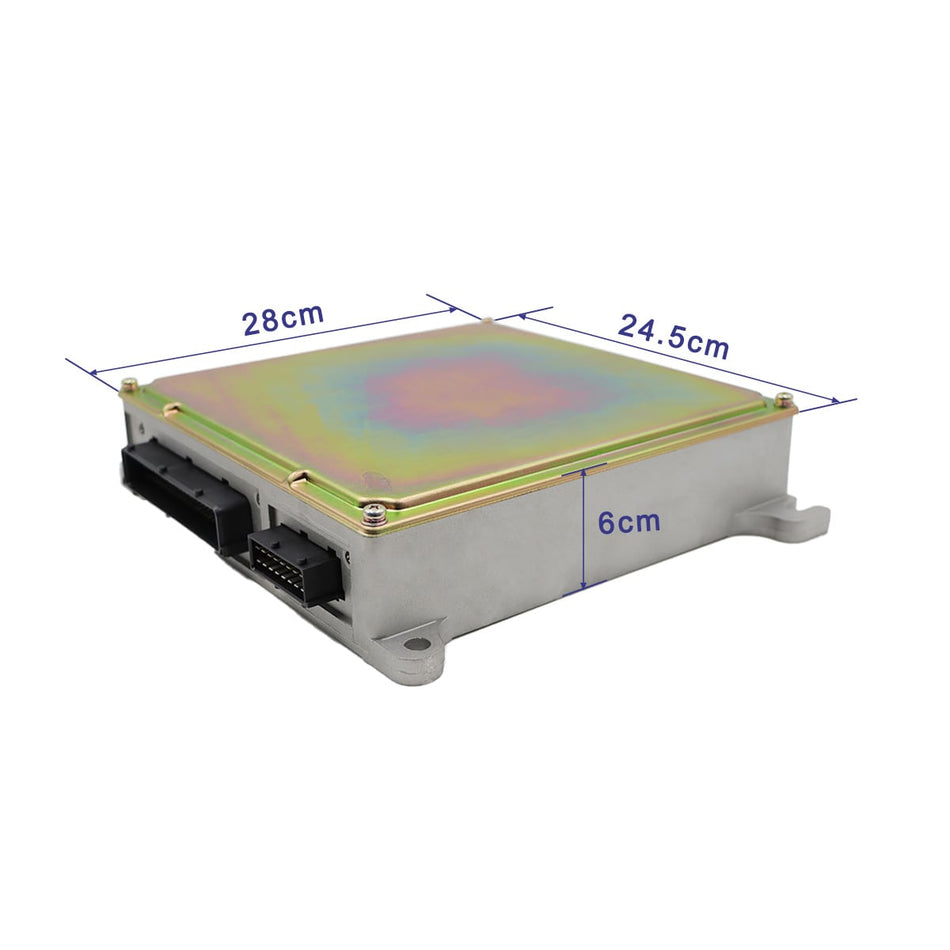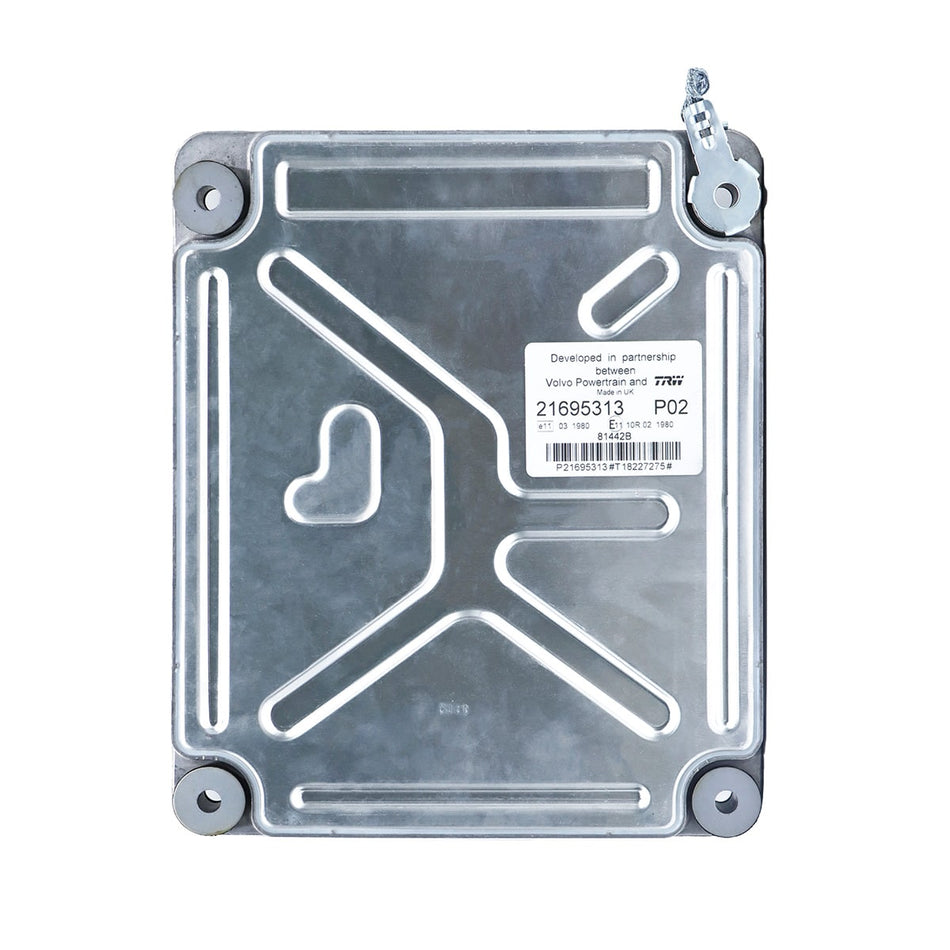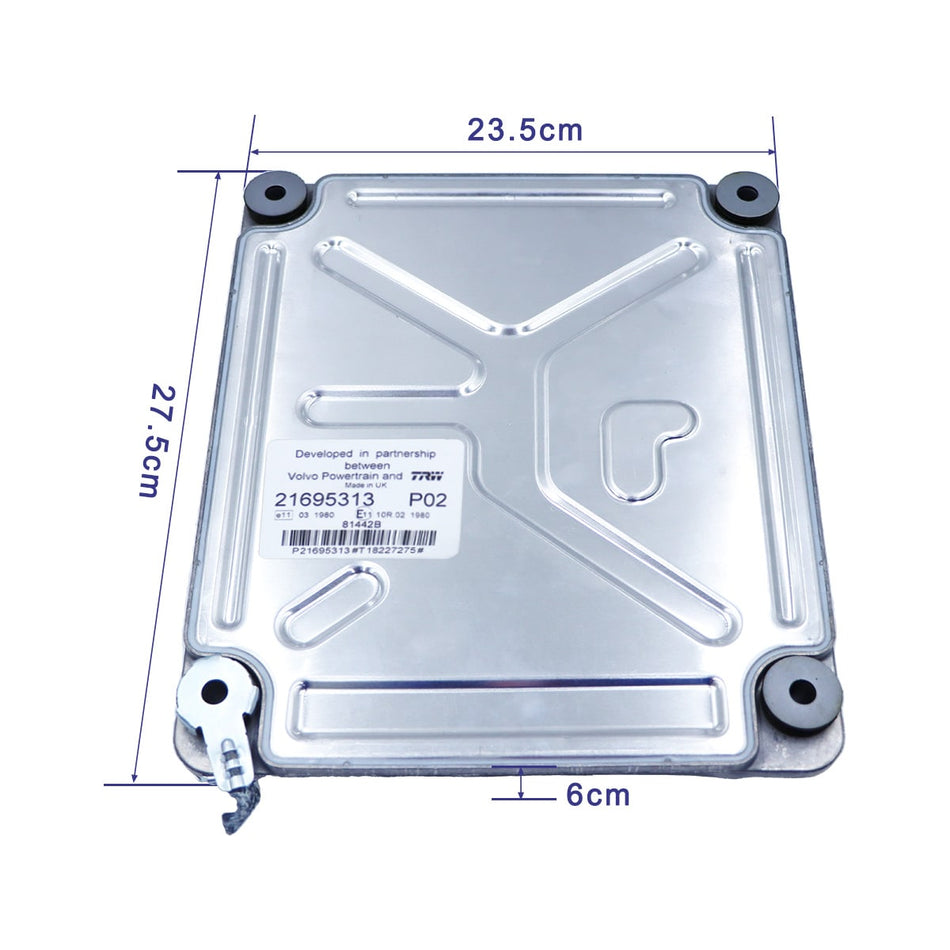In the construction industry, unplanned downtime can cost $1,000–$5,000 per hour—yet one of the most preventable causes is a faulty fuel filter. Every excavator, loader, or bulldozer relies on this small but critical component to protect its engine from contaminants: a single grain of dirt in fuel can scratch injectors, clog fuel lines, and lead to costly repairs. As a construction professional, choosing the right fuel filter (and maintaining it properly) isn’t just a “checklist item”—it’s a strategic move to keep your projects on schedule and your fleet profitable.
This blog breaks down everything you need to know about fuel filters for construction machinery: from the types that work best for excavators vs. loaders, to step-by-step maintenance, and why SINOCMP’s fuel filter solutions are trusted by fleet managers worldwide. By the end, you’ll not only understand how to pick the perfect filter—you’ll know how to turn this component into a tool for reducing downtime and boosting efficiency.
Why Your Construction Machinery Can’t Afford a Poor-Quality Fuel Filter
A fuel filter is more than just a “screen”- it’s the first line of defense for your machinery’s engine, especially in harsh construction environments. Here’s why cutting corners on fuel filter quality leads to bigger problems:
1. Engine Damage Starts Small (But Spreads Fast)
Modern construction engines (e.g., Volvo D13, John Deere 6090H) use high-pressure fuel injection systems that operate at 20,000+ PSI. Even a 5-micron particle (smaller than a human hair) can scratch injector nozzles, leading to poor fuel atomization. This doesn’t just reduce power—it increases fuel consumption by 10–15% and can destroy injectors (costing $500–$2,000 per unit to replace). A quality fuel filter traps these particles before they reach critical components.
2. Water in Fuel Is a Silent Killer
Job sites are wet, dusty, and prone to fuel contamination—rainwater seeps into storage tanks, and condensation builds up in fuel lines.
Water in diesel causes three major issues: rust in fuel pumps, bacterial growth (like algae that clogs lines), and freezing in cold weather. A specialized excavator fuel filter (with a water-separation feature) drains moisture automatically, preventing these issues before they shut down your machine.
3. Generic Fuel Filters Cost More in the Long Run
Many teams opt for cheap generic fuel filters to save money upfront—but these filters often have thin media (that tears easily) and loose fits (that let contaminants bypass). A study by the Association of Equipment Management Professionals found that generic filters increase engine repair costs by 30% over 2 years. In contrast, OEM-matched fuel filter (like SINOCMP’s) are engineered to fit your machinery’s exact specs, ensuring no contaminants slip through.
The Right Fuel Filter Type for Every Construction Machine
Not all fuel filters are created equal—what works for a compact loader won’t protect a heavy-duty excavator. Below are the most common types, and which machinery they’re designed for:
1. Excavator Fuel Filter: For Heavy-Duty Use
Excavators (e.g., Caterpillar 336E, Komatsu PC210-10) operate in the dirtiest job site conditions—digging through soil, gravel, and mud—so their fuel filter needs extra durability.
- Spin-On Fuel Filter with Water Separator: Features a reinforced steel housing (to resist vibration) and a transparent water bowl (for easy visual checks). Ideal for excavators working in rainy or wet regions—simply drain water via the bottom valve every week.
- High-Efficiency Cartridge Filter: Traps particles as small as 3 microns, perfect for modern excavators with Tier 4 engines (which require cleaner fuel). Compatible with models like Hitachi ZX210LC-6 and Volvo EC220E.
2. Loader Fuel Filter: For Frequent Start-Stops
Loaders (e.g., Bobcat S76, John Deere 344L) have frequent start-stop cycles, which put extra stress on the fuel filter (pressure spikes can damage thin media).
- In-Line Fuel Filter with Pressure Relief Valve: Prevents filter collapse during cold starts (a common issue with generic filters) and has a 200-hour service life—perfect for loaders used 8+ hours per day.
- Dual-Stage Filtration Filter: First traps large debris (e.g., dirt clods), then fine particles—extending filter life by 50% compared to single-stage options. Great for loaders working in gravel pits or demolition sites.
3. Bulldozer Fuel Filter: For High-Temperature Environments
Bulldozers (e.g., Caterpillar D6K, Komatsu D65PX) operate at high temperatures (engine bays can reach 150°F), so their fuel filter needs heat-resistant materials.
-
Heat-Resistant Synthetic Media: Won’t break down or melt in high temps, ensuring consistent filtration even during long shifts.
- Corrosion-Resistant Housing: Protects against saltwater (for bulldozers working in marine construction) and chemicals (like de-icing fluids).
How to Choose the Perfect Fuel Filter for Your Machinery (4 Expert Steps)
Choosing the wrong fuel filter isn’t just a mistake—it’s a risk to your fleet. Follow these steps to pick the right one, every time:
Step 1: Match the Filter to Your Machinery’s OEM Specs
Never guess—always reference your machine’s OEM manual for fuel filter part numbers. For example:
- If you have a Caterpillar 320D excavator, the OEM-recommended fuel filter is part number 7023589. SINOCMP’s equivalent (7023589) matches this spec exactly—same dimensions, flow rate, and filtration efficiency.
- For a Bobcat 963 skid-steer loader, the OEM part is 6671649. SINOCMP’s fuel filter (6671649) is 100% compatible, with no modifications needed.
Step 2: Prioritize Filtration Efficiency (Micron Rating)
The micron rating tells you the smallest particle the fuel filter can trap. For construction machinery:
- 3–5 microns: Best for Tier 4/5 engines (e.g., Caterpillar C15, Volvo D16) – these engines have ultra-sensitive injectors that need maximum protection.
- 10–15 microns: Suitable for older engines (e.g., Komatsu SAA6D102E) or machinery operating in less dusty areas (e.g., indoor warehouses).
Avoid filters with a micron rating higher than 20—they won’t stop fine debris from damaging your engine.
Step 3: Consider Your Job Site Conditions
- Dusty/Gravel Sites: Choose a fuel filter with pleated media (more surface area to trap dust).
- Wet/Marine Sites: Opt for a fuel filter-water separator combo.
-
Cold Climates: Select a fuel filter with a low-temperature flow rating (to prevent fuel gelling).
Step 4: Check for Quality Certifications
Not all fuel filters meet industry standards. Look for filters tested to:
- ISO 4020 (filtration efficiency): Ensures the filter traps the particles it claims.
- ISO 16232 (contaminant retention): Proves the filter holds contaminants without releasing them back into the fuel.
Expert Maintenance Tips to Extend Fuel Filter Life (and Cut Downtime)
Even the best fuel filter will fail early without proper care. Follow these maintenance rules to get the most out of your filter:
1. Replace Your Fuel Filter on a Strict Schedule
Heavy Use (40+ hours/week): Replace the fuel filter every 250 hours (or 3 months) – this is standard for excavators on major construction projects.
Light Use (20–30 hours/week): Replace every 500 hours (or 6 months) – ideal for loaders used in landscaping or small jobs.
After Contamination: If you accidentally fill the fuel tank with dirty fuel, replace the fuel filter immediately (don’t wait for the next service). A single contaminated tank can ruin a filter in hours.
2. Inspect Your Fuel Filter Weekly (3 Quick Checks)
- Check for Leaks: Look around the filter housing and connections for fuel drips – a small leak can lead to air in the fuel line (causing engine hesitation).
- Drain Water Separators: For combo filters, open the drain valve until only fuel comes out (no water) – do this every Monday morning to avoid weekend condensation buildup.
- Monitor Pressure Gauges: Many modern machines have fuel filter pressure gauges – if the pressure drops below the OEM range, replace the filter immediately.
3. Handle Fuel Properly to Reduce Contamination
-
Store Fuel in Sealed Tanks: Use tanks with air filters (to block dust) and water drains (to remove condensation).
-
Use a Transfer Filter: When refueling machinery, add a portable fuel filter to the hose – this adds a second layer of protection before fuel reaches the tank.
-
Avoid Old Fuel: Diesel goes stale after 6 months – use fresh fuel, and never mix different grades (this can break down fuel additives).
Why Construction Professionals Choose SINOCMP’s Fuel Filter
When you’re choosing a fuel filter supplier, you need more than just a product—you need a partner who understands construction. Here’s why 5,000+ fleet managers trust SINOCMP:
1. OEM-Matched Precision (No Guesswork)
Every SINOCMP fuel filter is engineered to fit your machinery exactly—we reverse-engineer OEM filters to match dimensions, flow rate, and filtration efficiency.
2. Durability That Handles Construction Chaos
3. Fast Shipping & Bulk Pricing
4. Expert Support (When You Need It)
Our team includes former construction mechanics who know the fuel filter inside out. If you’re not sure which filter fits your machine, or you’re dealing with a fuel-related issue, call us at +1 (334)866-8778 or email service@sinocmp.com —we’ll help you solve the problem fast.
Ready to Upgrade Your Fuel Filter? Request a Quote from SINOCMP Today
A high-quality fuel filter is the cheapest insurance you can buy for your construction fleet. With SINOCMP’s OEM-matched filters, you’ll protect your engines, cut downtime, and save money on repairs.
Here’s how to get started:
1. Find Your Filter
2. Request a Quote: Browse our filter collection or email us at service@sinocmp.com—we’ll send you a custom quote within 24 hours.
3. Get Fast Shipping: Order, and we’ll arrange for shipment.
Don’t let a faulty fuel filter derail your project. Contact SINOCMP today, and let’s keep your fleet running at its best!


